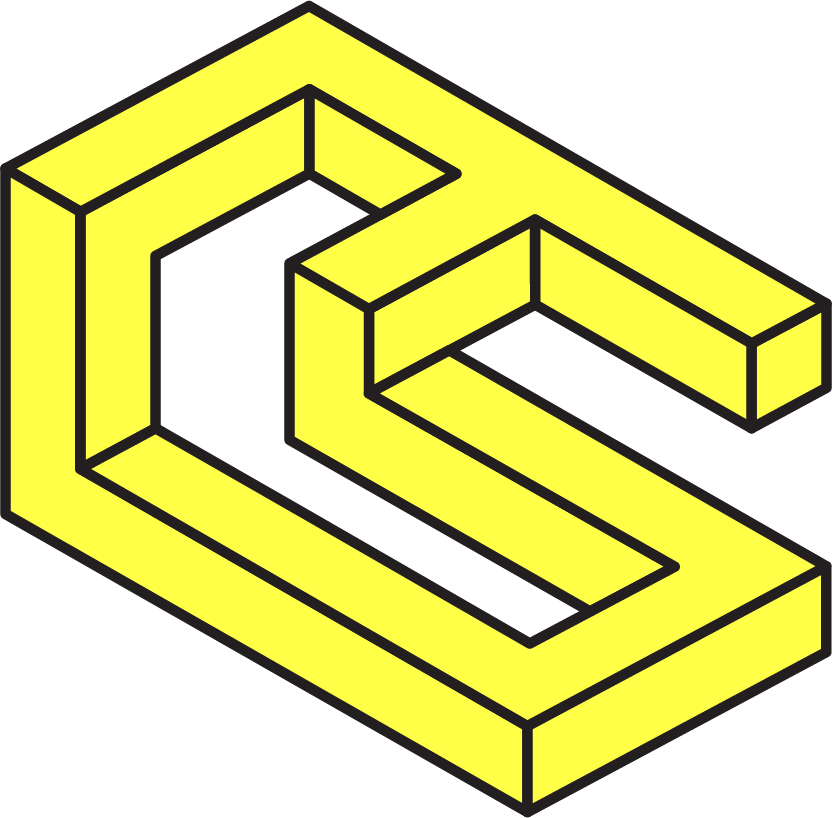ChainSafe’s Monthly Roundup: Issue #5
Our team has been travelling the world, speaking at web3 conferences like EthCC in Cannes, Protocol Berg in Berlin, and the aptly named Berlinterop this June.
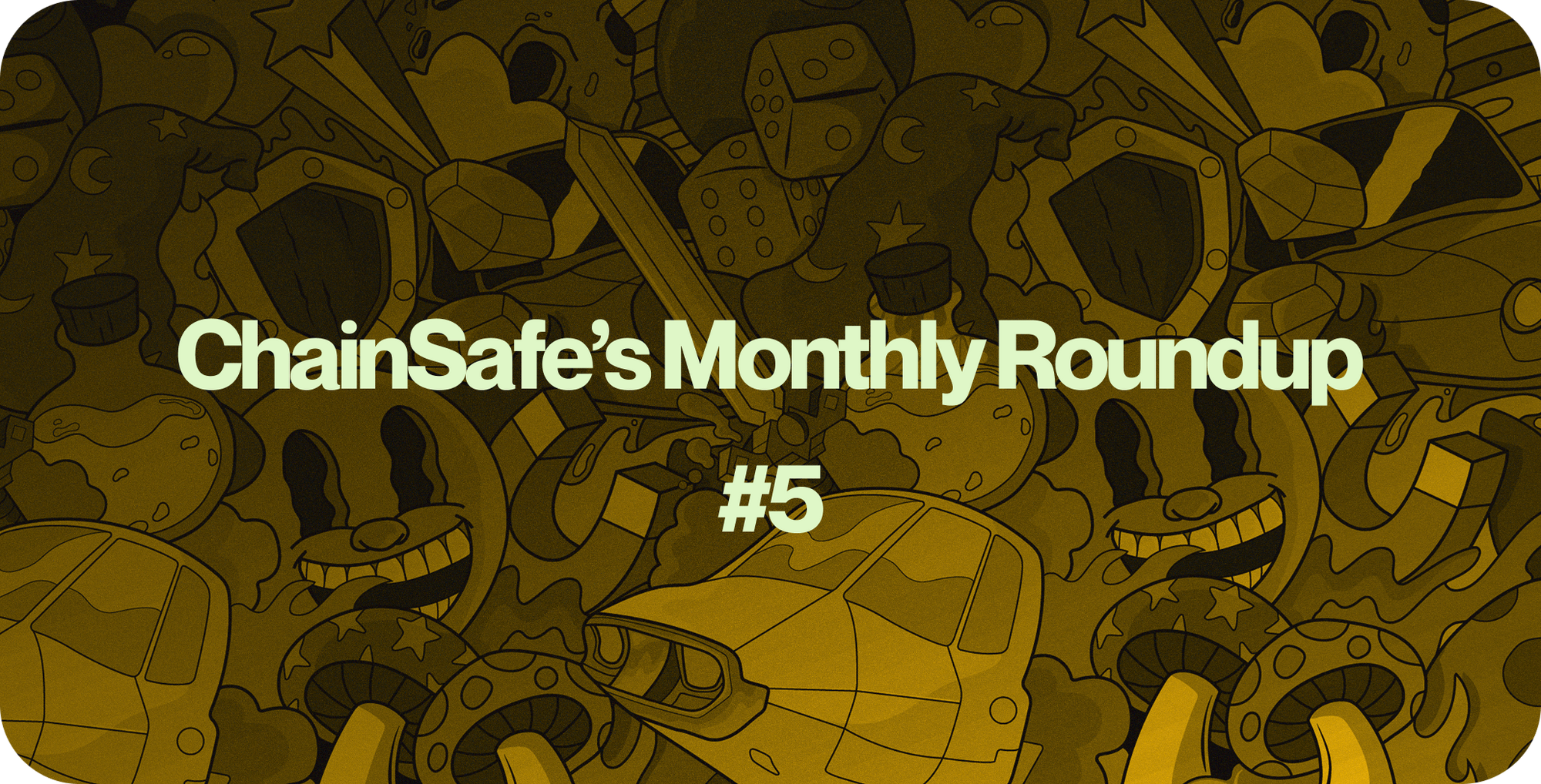
It's summer (at last!), and even though "summer break" is more of a memory than an expectation these days, ChainSafers are getting out there and making the most of the warm weather. Our team has been travelling the world, speaking at web3 conferences like EthCC in Cannes, Protocol Berg in Berlin, and the aptly named Berlinterop this June.
This month’s roundup highlights the speaking engagements ChainSafe has been proud to participate in so far, as well as updates to our validator node infrastructure and protocol implementations.
If you're going to be at Gamescom next month, be sure to look out for ChainSafers!
Infrastructure
In June, our infrastructure team made significant strides: we fully deployed Kubernetes clusters to orchestrate our Canton deployment with improved scalability, seamless continuous deployment, and auto-healing features.
Plus, our Monad node is live as a validator in Testnet-2! This deployment highlights our robust, production-ready infrastructure capabilities with Kubernetes and our expanding role in the Monad network.
Announcing Monad Testnet-2!
— Monad ⨀ (@monad) May 8, 2025
Testnet-2 is an experimental environment for enhancing validator readiness for mainnet - this is for validators, not for users.
A total of 100-150 participants will be selected. T-2 is expected to last for 10 weeks starting in late May. pic.twitter.com/ias3KBv8LE
EthCC in Cannes, France
This year, ChainSafe made a strong presence at EthCC in Cannes, France, with our VP of Engineering, Belma, delivering a standout solo presentation and participating in a high-profile panel.
On July 2, she explored “Open‑Source Development – What Are We Doing Wrong?”, highlighting common pitfalls in Web3 projects and sharing actionable strategies to foster more welcoming and collaborative open source communities.
The next day, she joined industry peers on the panel “Who Captures the Value: The Protocol or the dApp?” to debate how value accrues in the Ethereum stack and its implications for builders. Belma was joined by Lane Rettig from NEAR Foundation, Dani O. of EthDenver and MetaWebVC, Vangelis Andrikopoulos from Sei Labs, Guy Wuollet from a16z crypto, and Andy from The Rollup!
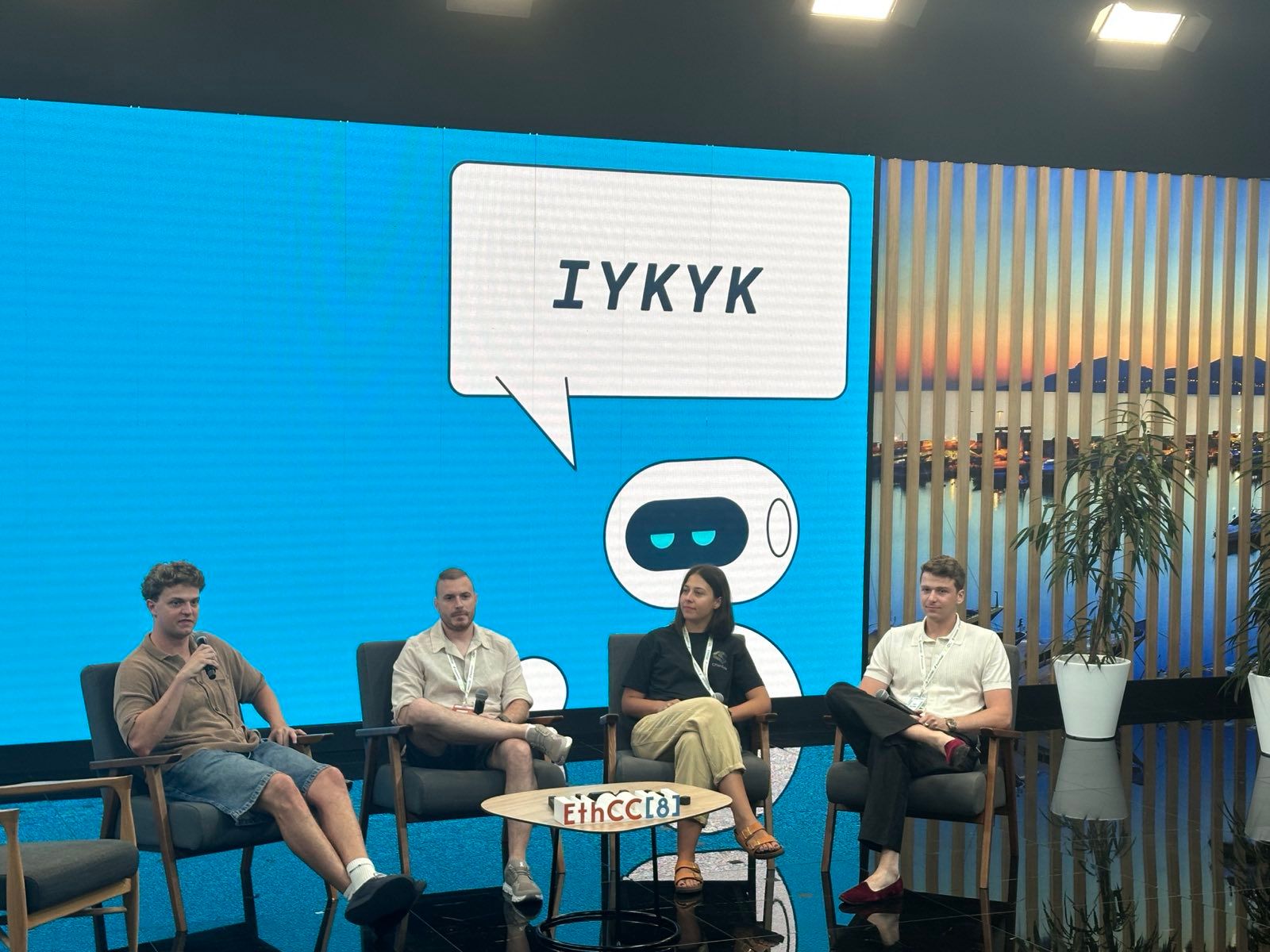
Belma’s talks captured the spirit of ChainSafe’s mission—advocating for open, collaborative ecosystems and pushing critical conversations that shape the future of web3.
Lodestar
In June, the Lodestar team laid out their plan to transition from a pure JavaScript client focused on browser compatibility to a performance-first, hybrid JavaScript and Zig architecture.
Read about the new direction for the Lodestar team here:
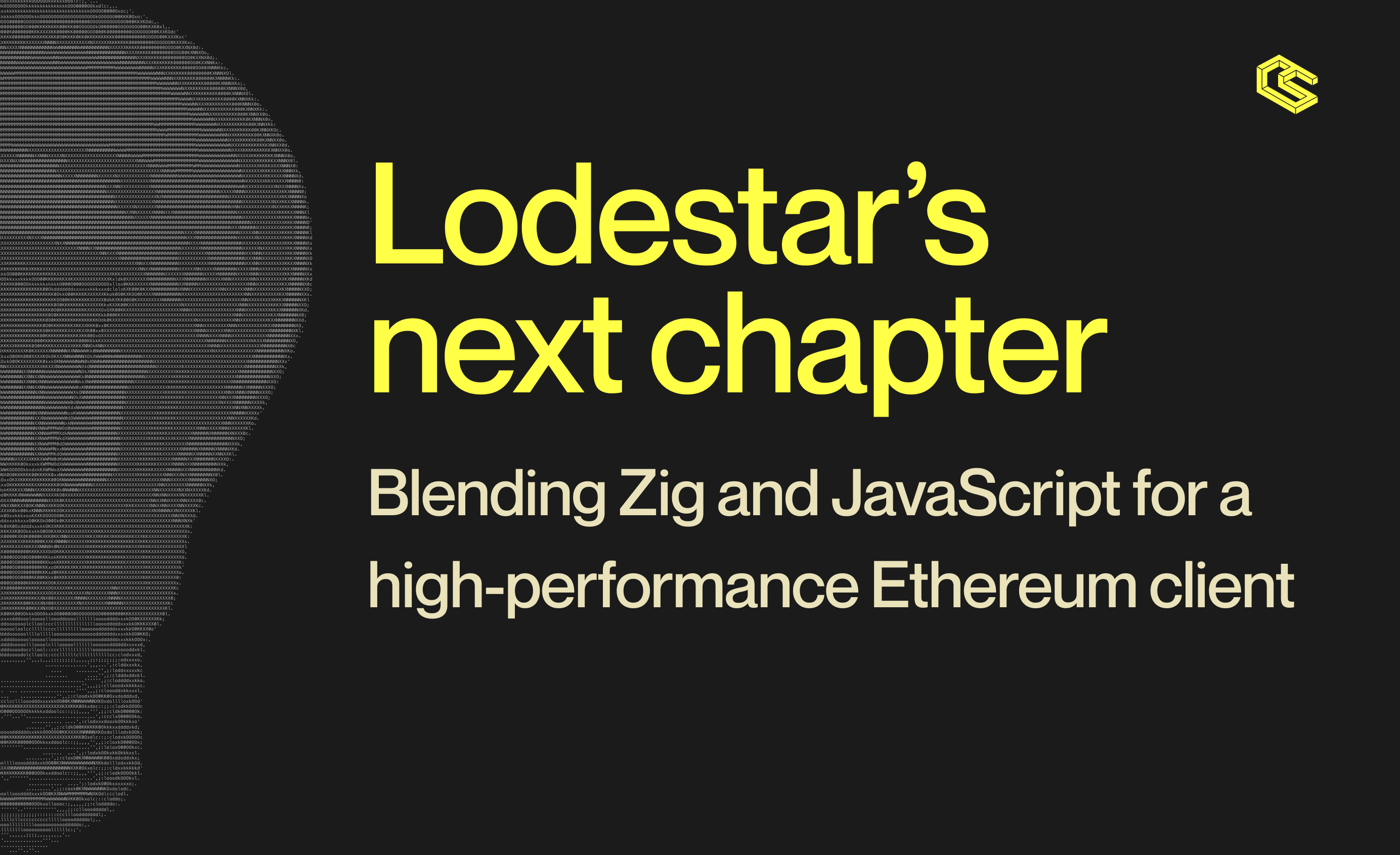
EthCC and the Ethereum Protocol Fellowship
While representing ChainSafe at EthCC, Lodestar lead Phil Ngo (@philngo_) has picked up four Ethereum Protocol Fellowship (EPF) fellows to work with and on our Ethereum implementation.
The EPF is a six-month program that gives developers the opportunity to contribute directly to Ethereum’s core protocol through hands-on projects and mentorship. The four fellows will work on Lodestar-related projects, working directly with the Lodestar team.
Protocol Berg Berlin
Phil Ngo and Nico Flaig travelled to Berlin to talk about one of ChainSafe's shining moments from this year—the Holesky hard fork rescue:
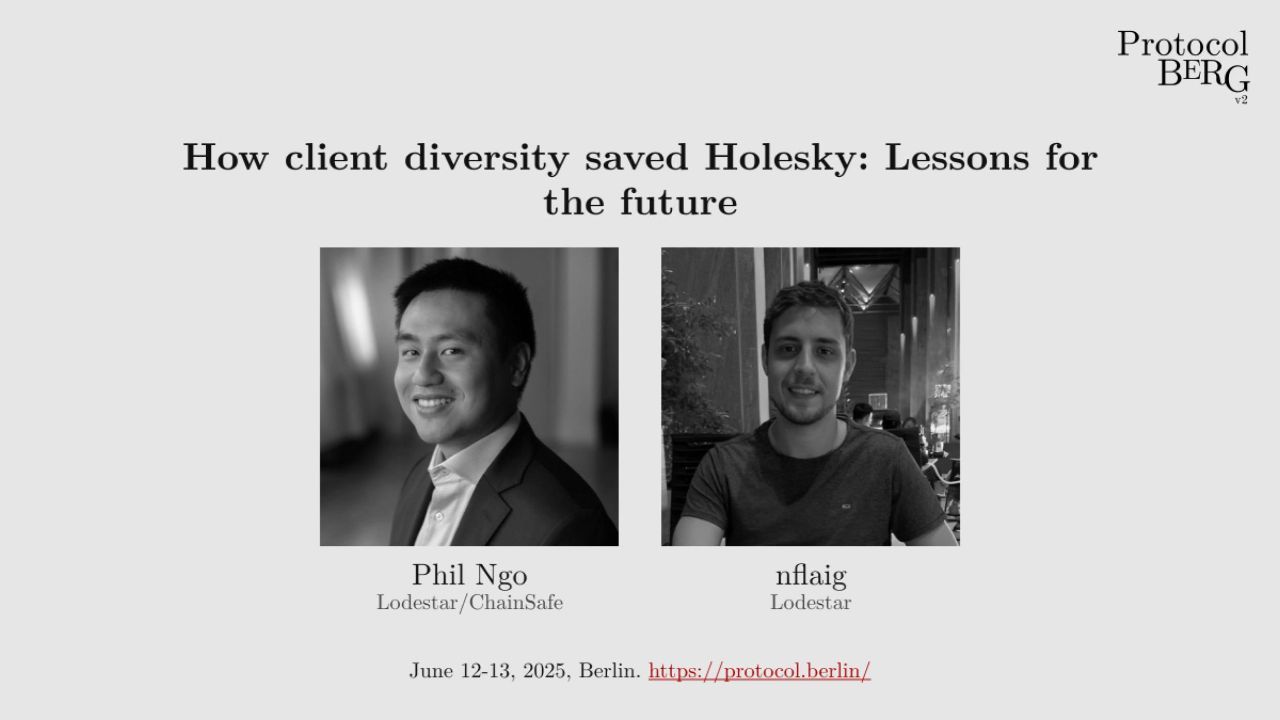
Read about the Holesky fork and the need for client diversity on our blog:

Forest
ChainSafe's Filecoin implementation in Rust pushed a swath of updates last month. June's updates mean faster, more efficient performance for Forest users, especially for developers and node operators. RPC calls like StateWaitMsg are now significantly quicker, chain data is easier to inspect with new CLI tools, and the client is more aligned with the broader Filecoin ecosystem thanks to the Common Node API. Here's a look at Forest's June upgrades:
- Release: Forest v0.27.0 now live.
- F3 Snapshots: Preliminary design complete; FRC open for review.
- Common Node API: Merged! Aligns JSON-RPC behaviour across Filecoin clients.
- RPC Performance: Added dedicated caches for receipts/events → big speedup for
StateWaitMsg&StateGetReceipt. - Power Table Optimization: New blockstore read cache slashed query time from 1.7s to 0.7s.
- Snapshot Automation: New CLI command auto-generates and syncs snapshots to S3.
- CLI Parity with Lotus: New
chain listcommand shows detailed gas and message stats per epoch. - Actor Param Decoding (PoC): Early support for decoding parameters in Miner, Account, and EVM actors via
StateDecodeParams.
About ChainSafe
ChainSafe is a leading blockchain research and development firm specializing in protocol engineering, infrastructure development, co-development and web3-enabled gaming.
Alongside its contributions to major ecosystems such as Ethereum, Polkadot, Filecoin, ChainSafe creates solutions for developers and teams across web3.
As part of its mission to build accessible and improved tooling for developers, ChainSafe embodies an open source and community-guided ethos to advance the future of the internet.
